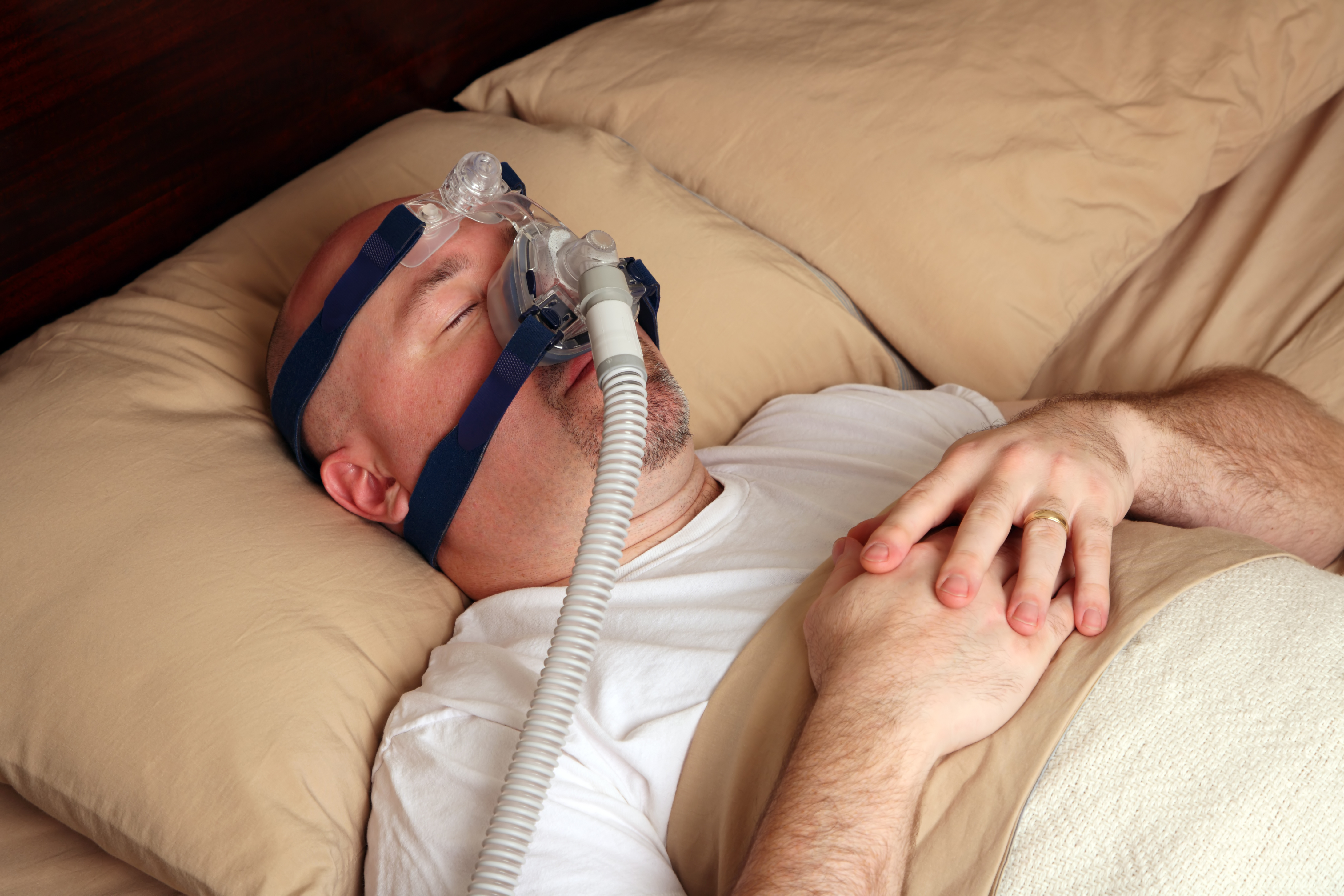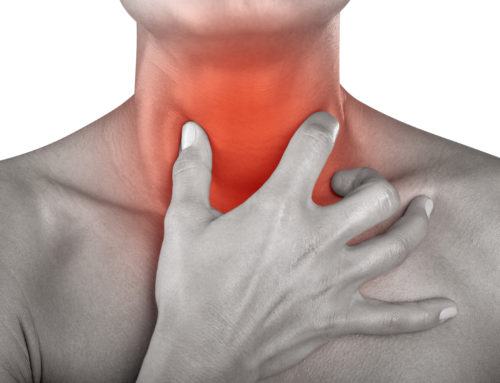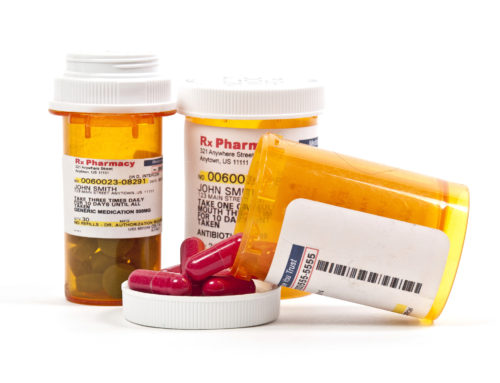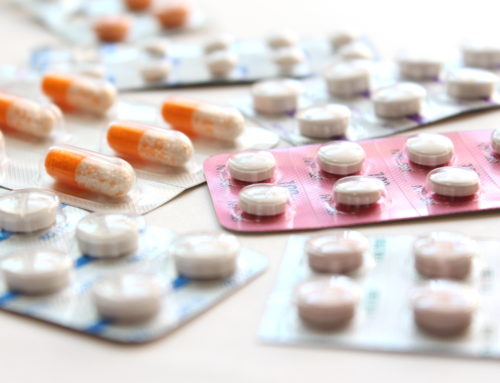A synthetic cannabis-like drug in a pill was safe and effective in treating obstructive sleep apnea in the first large multi-site study of a drug for apnea funded by the National Institutes of Health.
The study was conducted at Northwestern Medicine and the University of Illinois at Chicago (UIC).
There’s currently no drug treatment for sleep apnea. In sleep apnea, breathing is interrupted, and these pauses can last from a few seconds to minutes and may occur 30 times or more an hour. Untreated apnea raises the risk of heart disease, diabetes, sleepiness, cognitive impairment and a motor vehicle accident.
Participants in the trial had reduced apnea and decreased subjective sleepiness.
The common treatment for sleep apnea is a CPAP (Continuous Positive Airway Pressure) device that delivers air (acting like an air splint) to prevent collapse of the airway and breathing pauses. But adherence to the device can be challenging for many patients, some who simply stop using it.
‘There is a tremendous need for effective, new treatments in obstructive sleep apnea,’ said co-lead study author David W Carley, the Katherine M Minnich, Endowed Professor Emeritus of Biobehavioural Health Sciences, Medicine and Bioengineering at UIC.
Researchers investigated the effect of dronabinol, a synthetic version of the molecule Delta-9 THC (tetrahydrocannabinol), which is in cannabis, on sleep apnea in a Phase 2 trial. The trial was the largest and longest randomised, controlled trial to test a drug treatment for sleep apnea.
Dronabinol was approved by the Food and Drug Administration more than 25 years ago to treat nausea and vomiting in chemotherapy patients.
The drug treatment was a new approach in that it targeted the brain rather than the physical problem of collapsing airways. This reflects the new belief that sleep apnea is not just a physical problem but may be caused by multiple factors. One of those is poor regulation of the upper airway muscles by the brain, said co-lead author Dr Phyllis Zee.
Zee is the Benjamin and Virginia T Boshes Professor of Neurology at Northwestern University Feinberg School of Medicine and Director of the Northwestern Medicine Sleep Disorders Centre.
‘The CPAP device targets the physical problem but not the cause,’ Zee said.
‘The drug targets the brain and nerves that regulate the upper airway muscles. It alters the neurotransmitters from the brain that communicate with the muscles. Better understanding of this will help us develop more effective and personalised treatments for sleep apnea.’
While CPAP is highly effective, some patients simply refuse to use the machine. Even people who want to use it often only stick with it for about four hours a night, on average, Carley said.
‘So the best they can get is a roughly 50 per cent improvement in their apnea,’ Carley said.
‘When people take a pill to treat apnea, they are treated for the entire night.’
The final version of the paper is published the journal, SLEEP.







